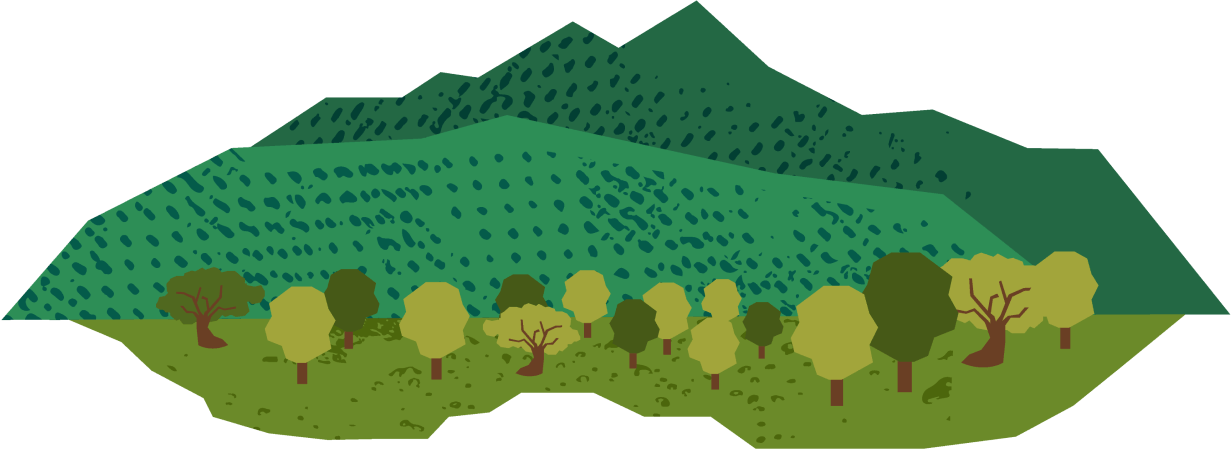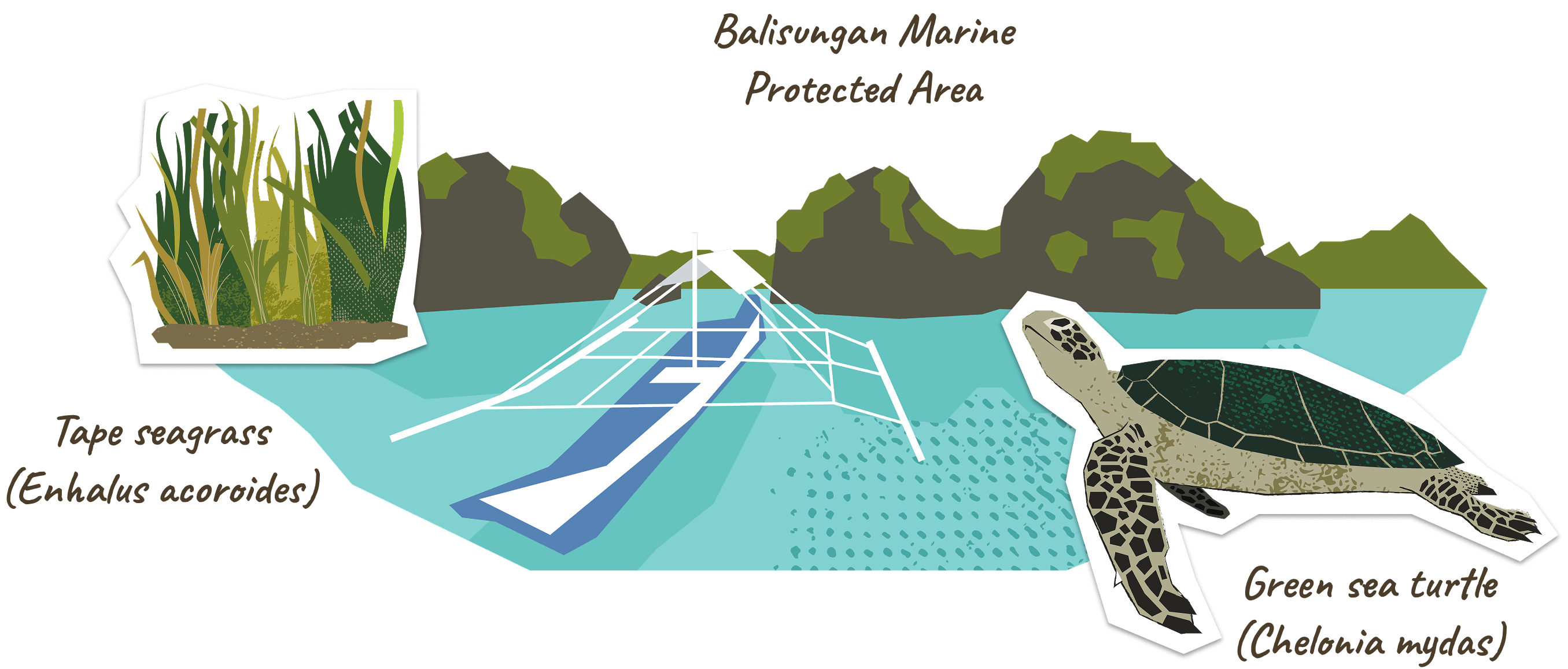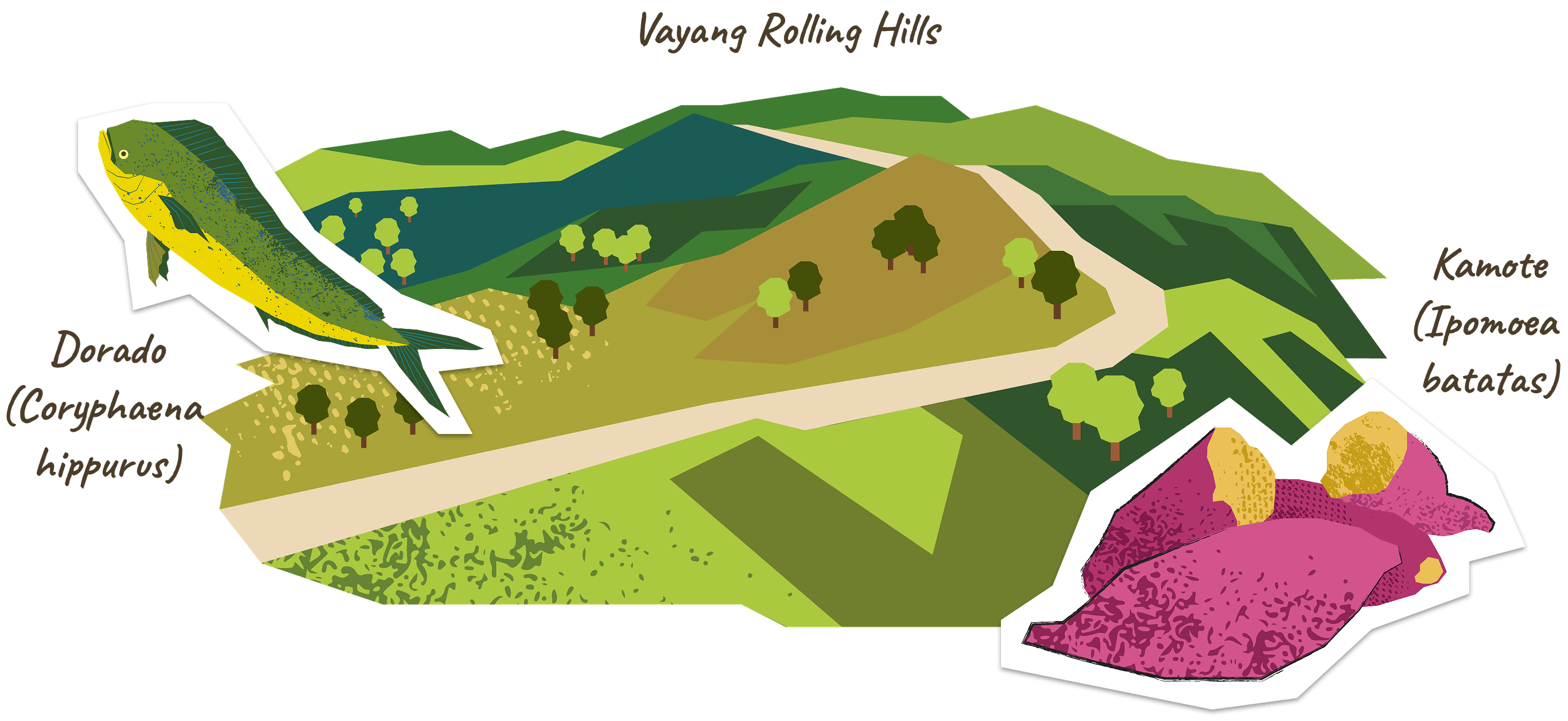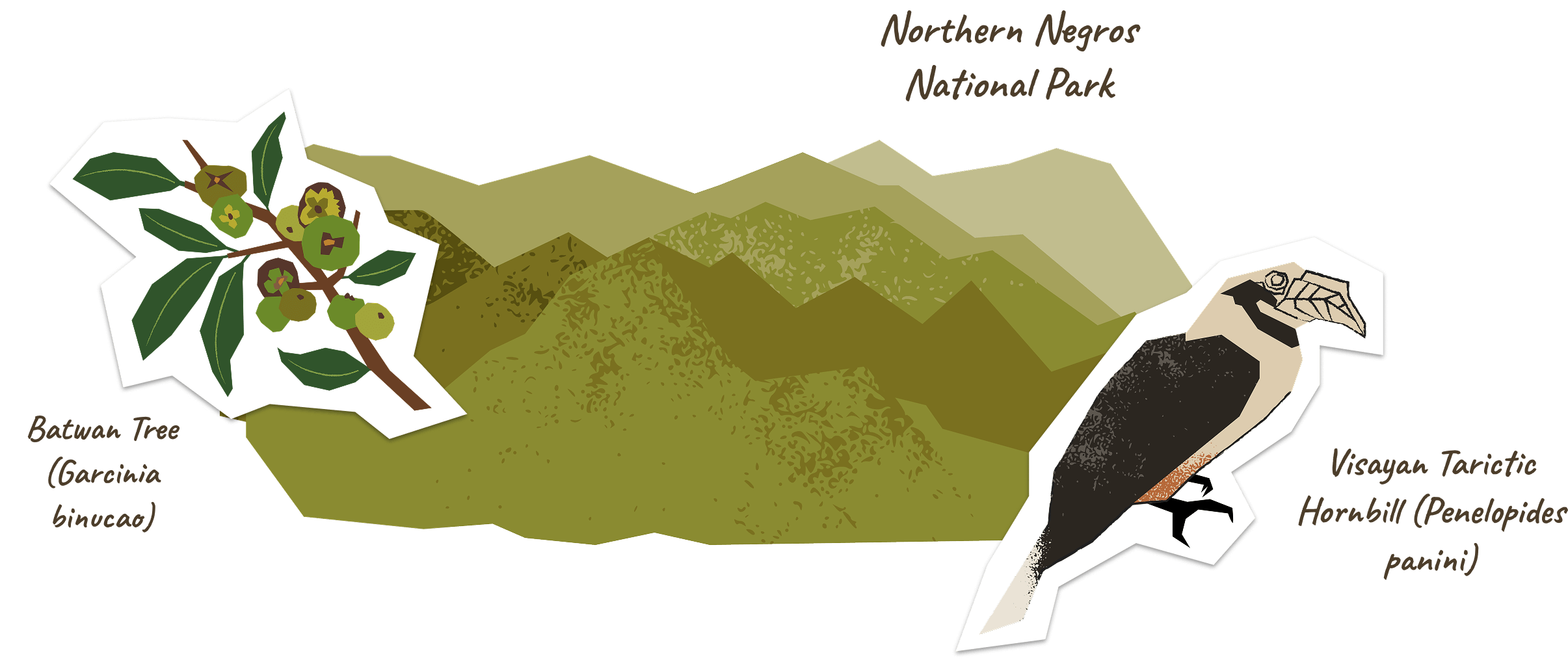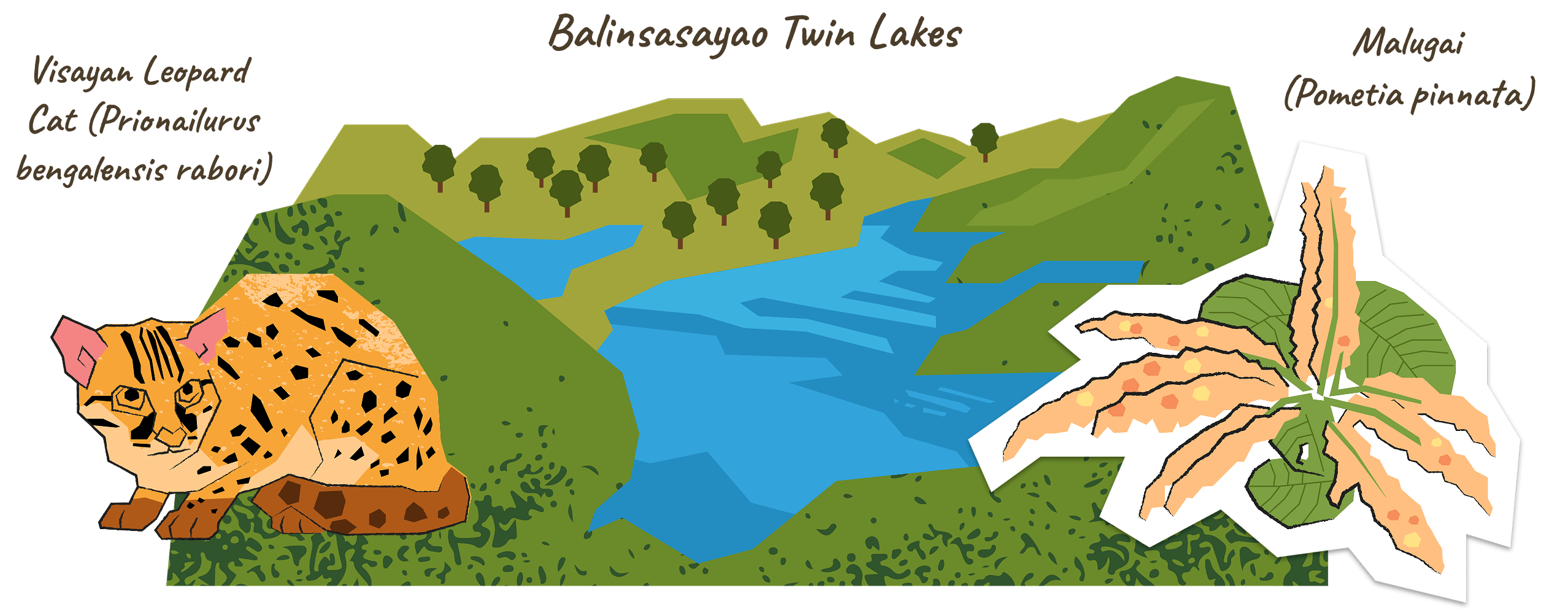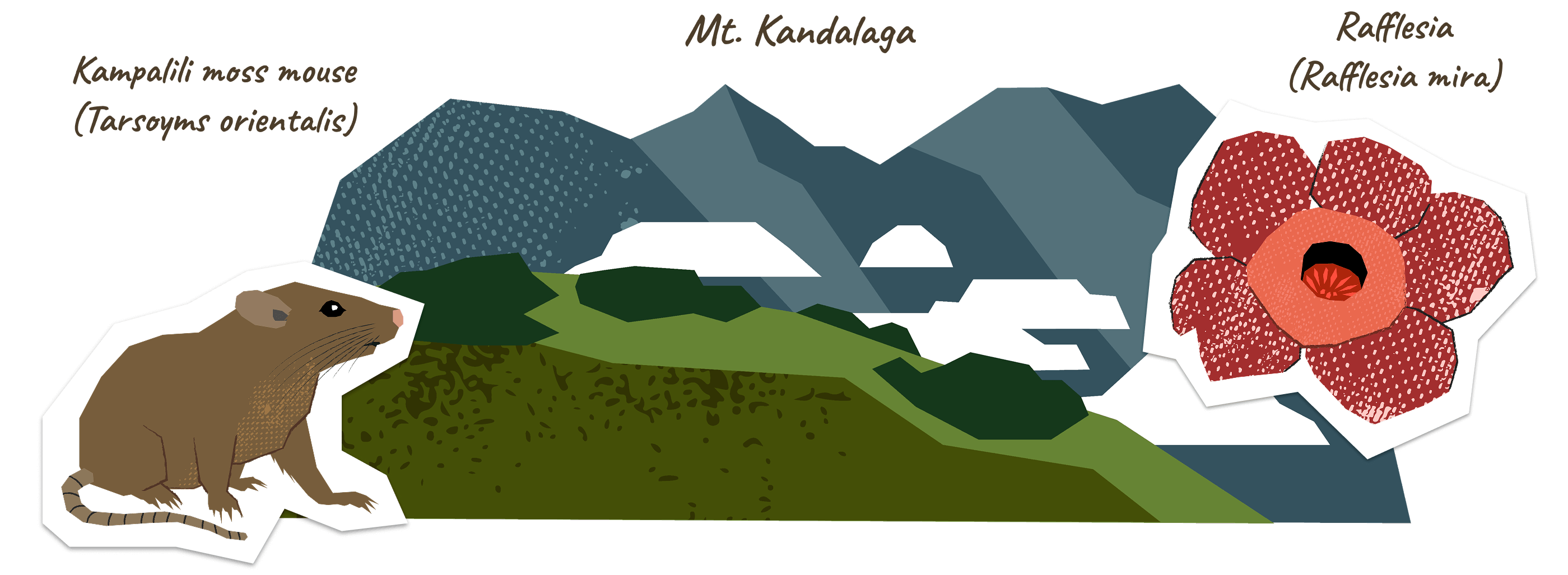Nature-based Solutions are part and parcel of our daily lives.
The PCP4NbS program seeks to contribute to strengthening climate resilience of communities, particularly rural and indigenous women, while ensuring co-benefits from, and for, natural resources and healthy ecosystems.

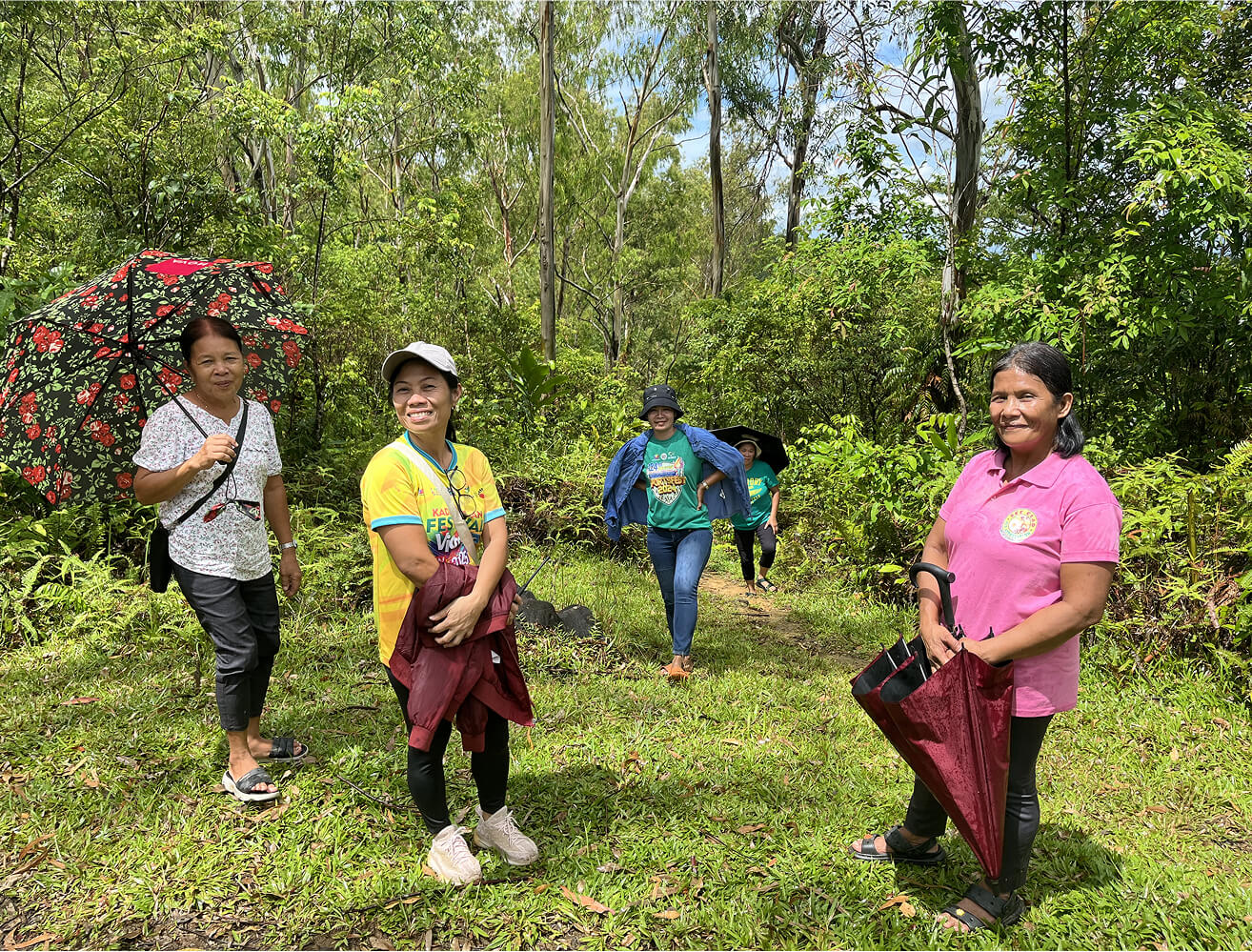
What are Nature-based Solutions?
Nature-based Solutions or NbS are widely recognized as cost-effective actions that protect, restore, and sustainably manage natural and modified ecosystems to address societal challenges – such as climate change, food and water security, and disaster risk reduction.
Together, we CAN!
Grounded in the International Union for Conservation of Nature (IUCN) Global Standard for NbS, the program targets these three objectives:

Conserve and restore our biodiversity


Adapt to our changing climate


Nurture and empower women to lead and participate
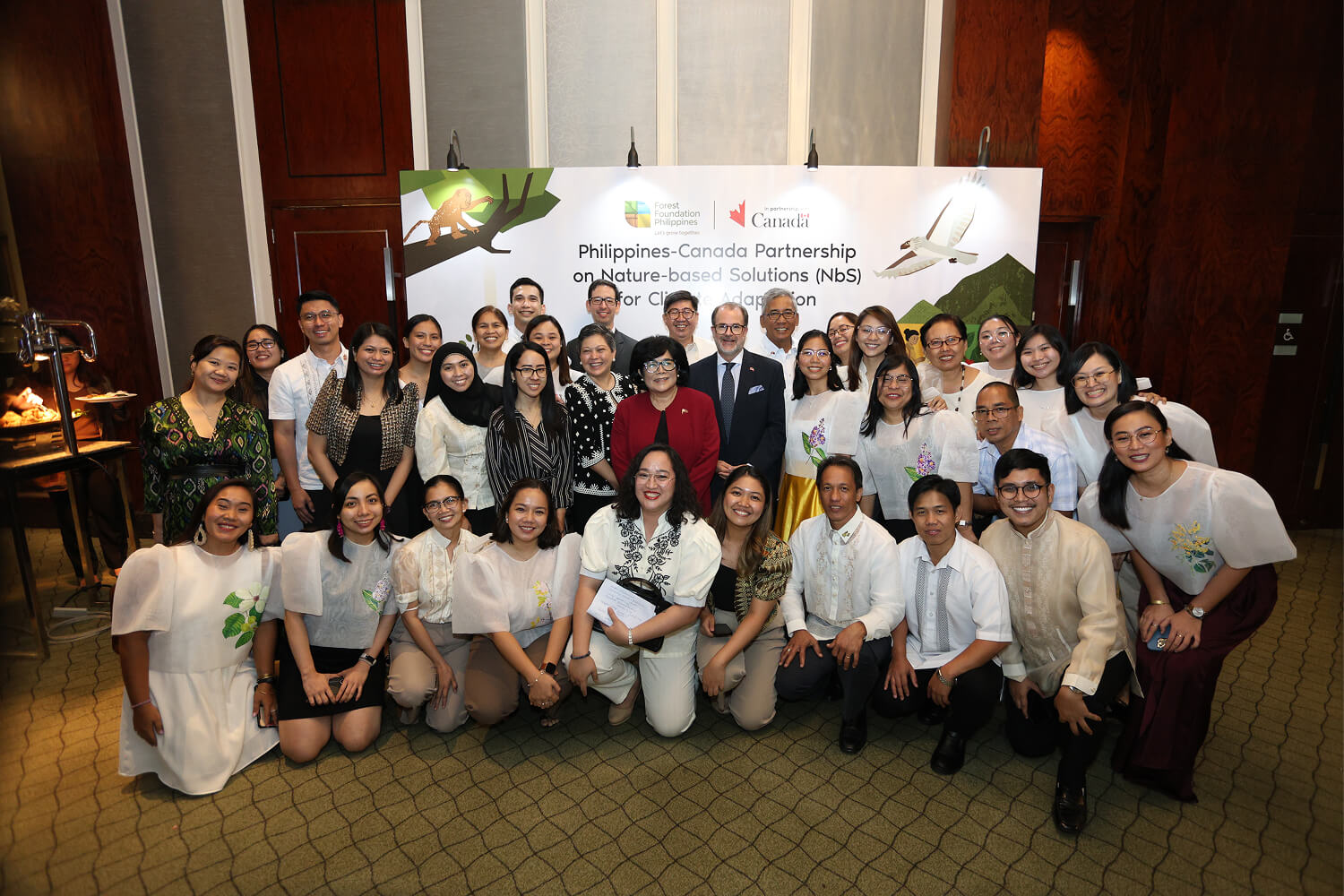

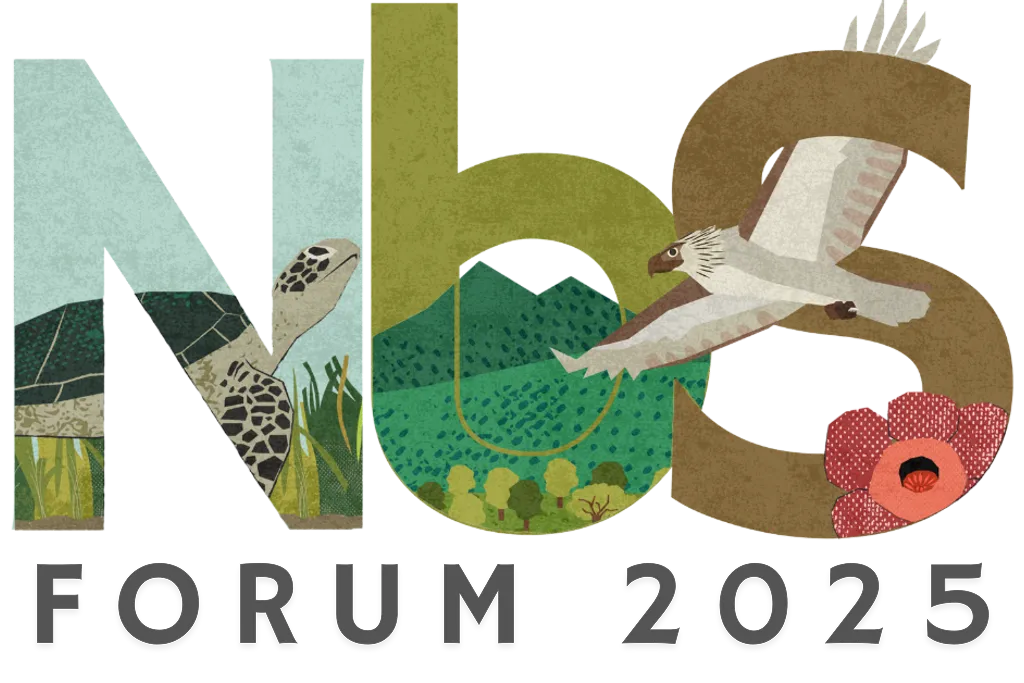
PUNLA:
A Multistakeholder Forum on Nature-based Solutions
The PUNLA NbS Forum 2025 brought together various sectors to exchange knowledge, good practices, and sow actionable discussions towards a shared understanding of high-integrity NbS in the country. Let’s continue to nurture the growth of communities of practice on NbS to benefit both people and nature.

priority areas
Six priority areas with rich biodiversity and high climate vulnerability
Site-based Grants support gender-responsive and community-based NbS projects to help reduce vulnerability and increase resilience to climate change impacts.
Thematic Areas
Thematic grants support Nature-based Solutions (NbS) for climate adaptation throughout the Philippines that are rich in biodiversity and highly vulnerable to climate change.
These must result in one or more of the following:

Water regulation and soil protection


Protection from hazards (i.e. fire, strong winds, and waves)


Enhancement of agri-food systems


Regulation of temperature and water in urban areas
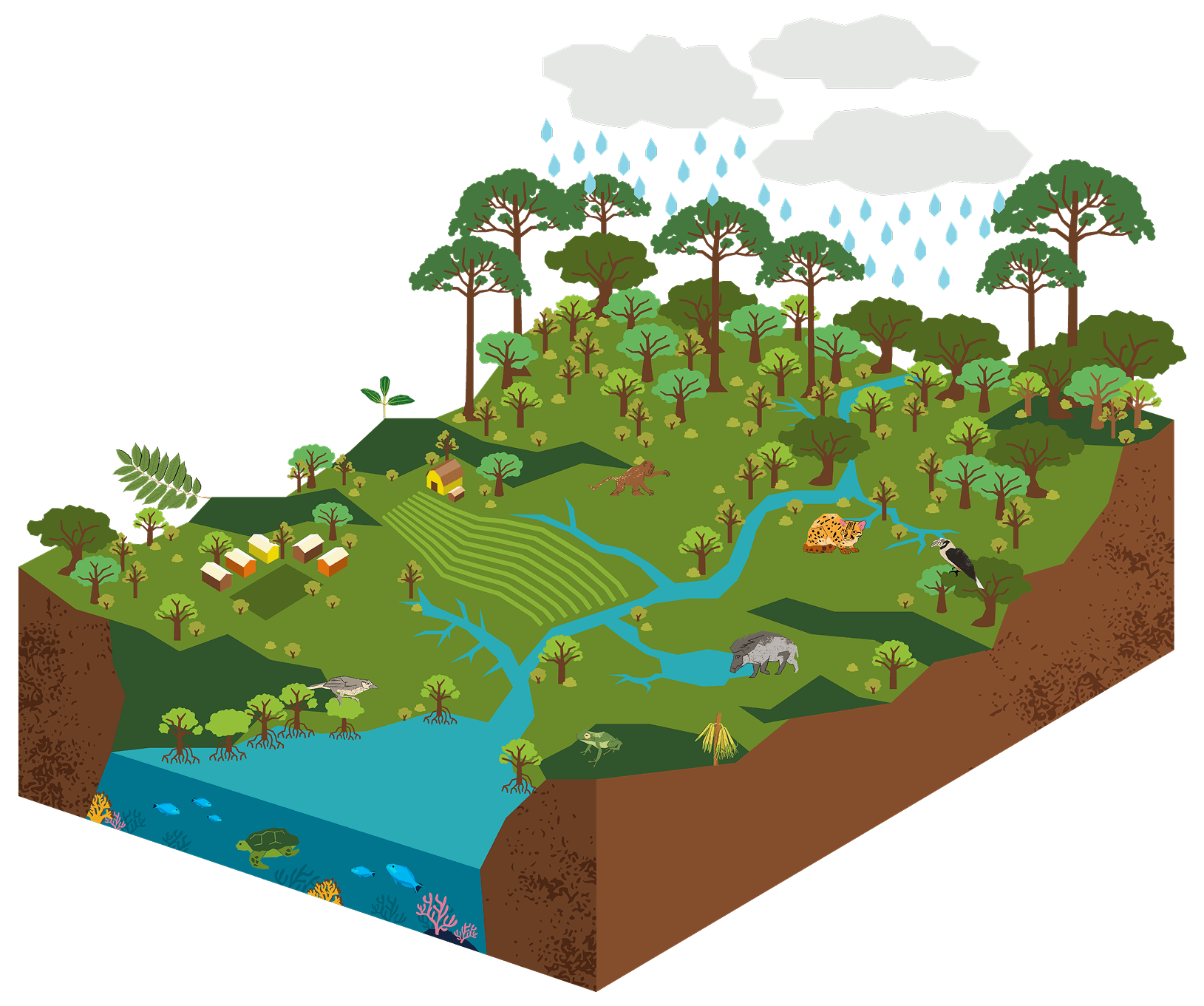

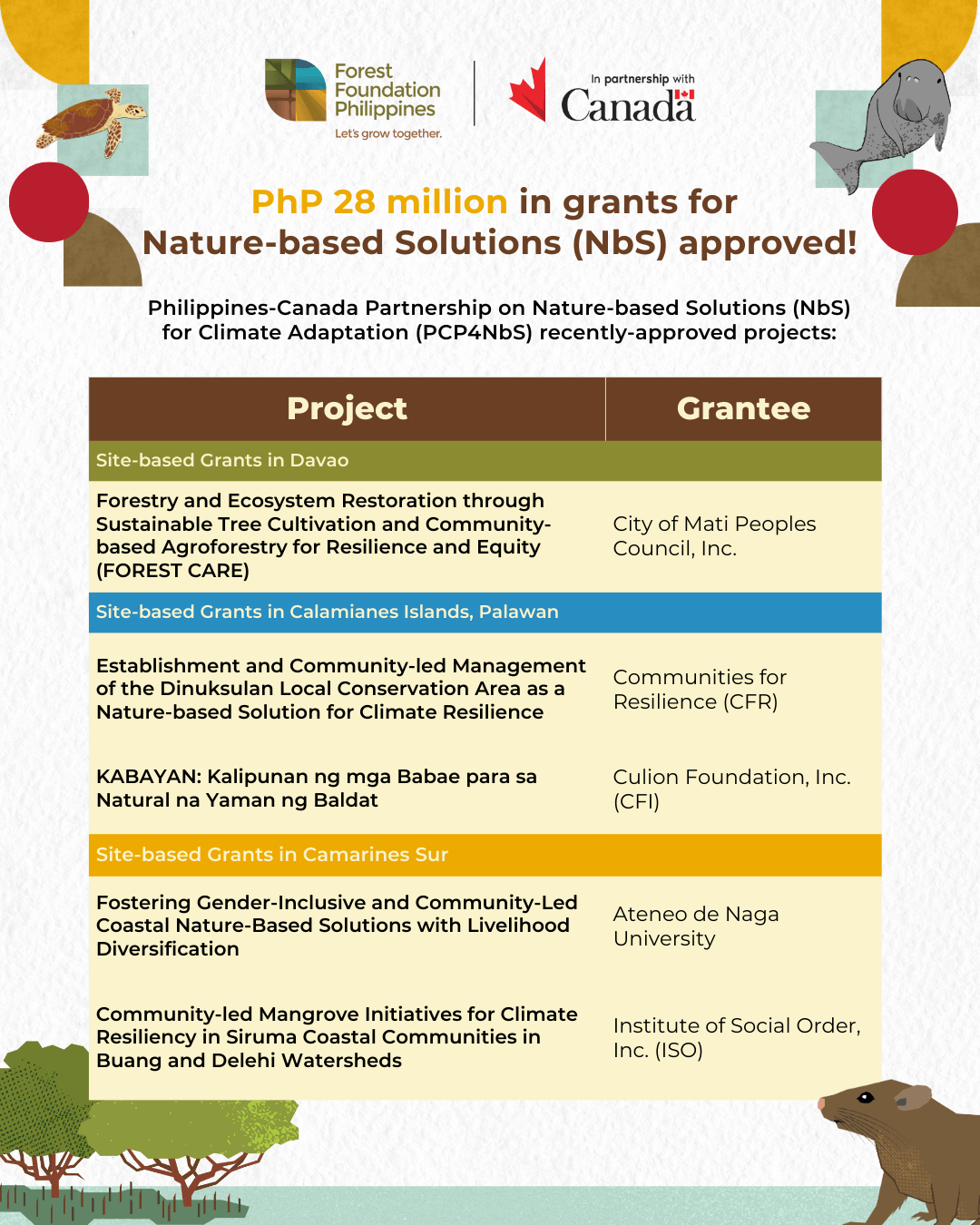

latest update
PhP 28 million in grants for Nature-based Solutions in Palawan, Camarines Sur and Davao, approved
Forest Foundation Philippines, with support from the Government of Canada, recently approved grants to support community-led implementation of NbS from ridge to reef in Calamianes Islands in Palawan, Camarines Sur, and Davao. These NbS projects will strengthen communities' ability to adapt to climate impacts across 7,200+ hectares of forests, riverbanks, coasts, and seas, through community-based agroforestry and riparian restoration, eco-tourism and community-led marine protected area management, mangrove protection, and establishment of local conservation areas. This bring the total to PhP 80.5 million for local implementation of 17 NbS grants under the Philippines-Canada Partnership on Nature-based Solutions (NbS) for Climate Adaptation (PCP4NbS). For more information about the projects, read: bit.ly/pcp4nbsproposalsQ425
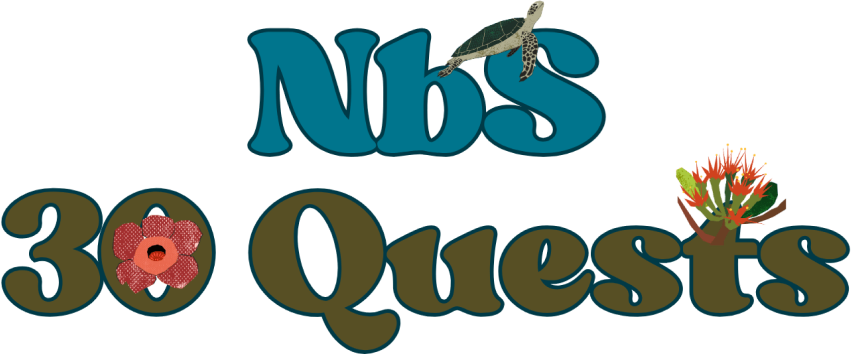
Join thirty experience-based challenges that celebrate nature’s strengths and allow people to explore the wonders of Nature-based Solutions in addressing pressing climate issues.
